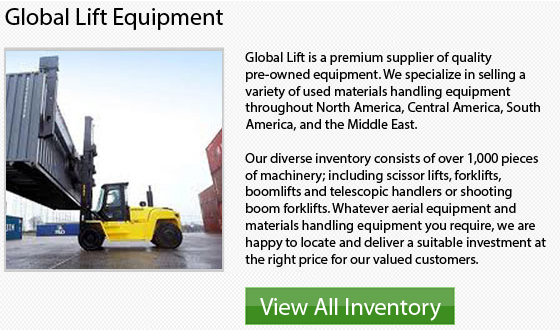
Topless Cranes and Flat Top Cranes
Operators and technicians alike have been impressed with the ease and speed of the erection of topless and flat top cranes. A lot of the components are preassembled in factory. In addition, many of the electrical, and mechanical components, and their quick couplings have attained a 20 percent decrease in erection times than the prior CTY Crane Series. In order to guarantee the crane is safely working, every phase of the crane has been carefully planned, examined and studied.
FMgru provides the use of low level acoustic emissions and ecological paints. Furthermore, on request, tints with low environmental impact can be used to show the clients and customers the care of the company has for both the environment in addition to assuring protection of the many places where these equipments are utilized. The company is really proud in making environmentally sound decisions whenever possible.
The TLX Series cranes are designed and manufactured so as to be transported easily by trailers, trucks and containers. These units could be disassembled with each and every component of the crane breaking down to less than 6 meters length and low weight so as to facilitate the transport in narrow places. This overall design makes them an ideal choice for easy transport and assembly.
Tower Cranes, Saddle Jib Cranes
Saddle Jib Cranes in addition to Tower Cranes could be assembled quite fast and easily. They are specifically designed and engineered to guarantee safety conditions throughout all of their operations. The fast erecting cranes by TCK are designed and manufactured to guarantee the best safety standards in every assembly and working situation.
Both the jib and the counter-jib are able to mesh together without any risky adjustments being needed because of the way the hinges couple to the center plate. The slewing, distribution and lifting parts of these cranes are exceptionally strong, reliable and simple. These components are controlled by a frequency inverter that allow fast and smooth movements so as prevent overstress of the crane's structure.